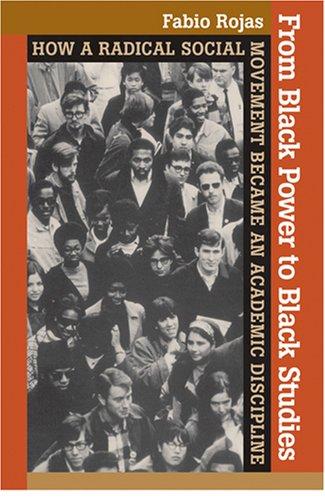truthdig | The black revolution is much more than a struggle for the rights of Negroes. It is forcing America to face all its interrelated flaws—racism, poverty, militarism, and materialism. It is exposing evils that are rooted deeply in the whole structure of our society. It reveals systemic rather than superficial flaws and suggests that radical reconstruction of society itself is the real issue to be faced.—Martin Luther King Jr., 1968
You don’t have to be one of those conspiratorial curmudgeons who reduces every sign of popular protest to “George Soros money” to acknowledge that much of what passes for popular and progressive, grass-roots activism has been co-opted, taken over and/or created by corporate America, the corporate-funded “nonprofit industrial complex,” and Wall Street’s good friend, the Democratic Party, long known to leftists as “the graveyard of social movements.” This “corporatization of activism” (University of British Columbia professor Peter Dauvergne’s term) is ubiquitous across much of what passes for the left in the U.S. today.
What about the racialist group Black Lives Matter, recipient of a mammoth $100 million grant from the Ford Foundation last year? Sparked by the racist security guard and police killings of Trayvon Martin, Mike Brown and Eric Garner, BLM has achieved uncritical support across the progressive spectrum, where it is almost reflexively cited as an example of noble and radical grass-roots activism in the streets. That is a mistake.
I first started wondering where BLM stood on the AstroTurf versus grass roots scale when I read an essay published three years ago in The Feminist Wire by Alicia Garza, one of BLM’s three black, lesbian and veteran public-interest careerist founders. In her “Herstory of the #BlackLivesMatter Movement,” Garza wrote: “Black lives. Not just all lives. Black lives. Please do not change the conversation by talking about how your life matters, too. It does, but we need less watered down unity and a more active solidarities with us, Black people, unwaveringly, in defense of our humanity. Our collective futures depend on it.”
Denouncing “hetero-patriarchy,” Garza described the adaptation of her clever online catchphrase (“black lives matter”) by others—“brown lives matter, migrant lives matter, women’s lives matter, and on and on” (Garza’s dismissive words)—as “the Theft of Black Queer Women’s Work.”
“Perhaps,” she added, “if we were the charismatic Black men many are rallying around these days, it would have been a different story.”
From a leftist perspective, this struck me as alarming. Why the prickly, hyperidentity-politicized and proprietary attachment to the “lives matter” phrase? Garza seemed more interested in brand value and narrow identity than social justice. Did she want a licensing fee? Wouldn’t any serious, leftist, people’s activist eagerly give the catchy “lives matter” phrase away to all oppressed people and hope for their wide and inclusive use in a viciously capitalist society that has subjected everything and everyone to the soulless logic of commodity rule, profit and exchange value? Who were these “charismatic Black men many are rallying around” in the fall of 2014?
And how representative were Garza’s slaps at “hetero-patriarchy” and “charismatic Black men” of the black community in whose name she spoke? Would it be too hetero-patriarchal of me, I wondered, to suggest that maybe a black male or two with experience of oppression in the nation’s racist criminal justice system ought to share some space front and center in a movement focused especially on a police and prison state that targets black boys and men above all?
I defended the phrase “black lives matter” against the absurd charge that it is racist, but I couldn’t help but wonder about the left-progressive credentials of anyone who gets upset that others would want to have a “conversation” (as Garza put it) about how their lives matter too. Is there really something wrong with a marginalized Native American laborer or a white and not-so “skin-privileged” former factory worker struggling with sickness and poverty wanting to hear that his or her life matters? For any remotely serious progressive, was there anything mysterious about the fact that many white folks facing foreclosure, job loss, poverty wages and the like might not be doing cartwheels over the phrase “black lives matter” when they experience the harsh daily reality that their lives don’t matter under the profits system?
My concerns about BLM’s potential service to the capitalist elite were reactivated when I heard a talk by Garza’s fellow BLM founder, Patrisse Cullors (another veteran nonprofit careerist). Cullors spoke before hundreds of cheering white liberals and progressives in downtown Iowa City in February. “We are witnessing the erosion of U.S. democracy,” she said, adding that Donald Trump “is building a police state.” Relating that she had gone into a “two-week depression” after Hillary Clinton was defeated by Trump, Cullors said she wondered if BLM had “done enough to educate people about the differences between Donald Trump and Hillary Clinton.” She described Trump as a fascist.




